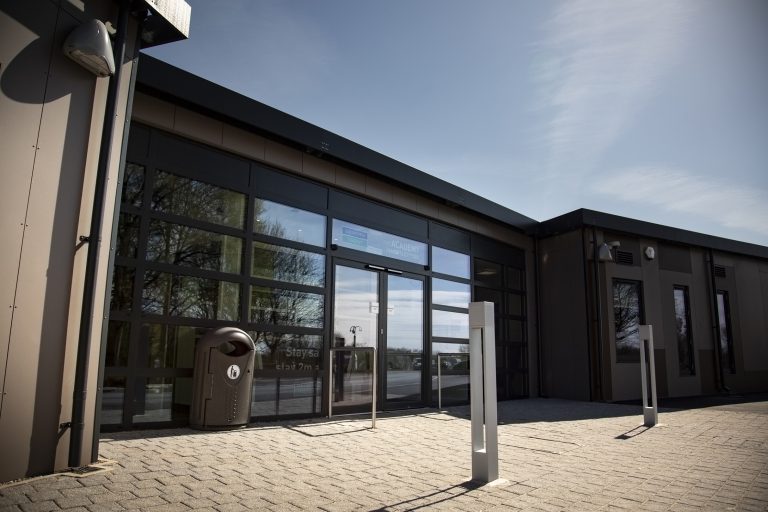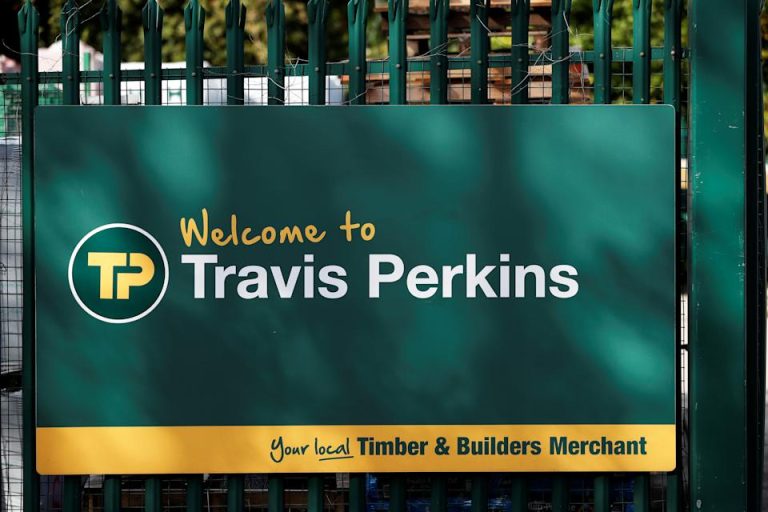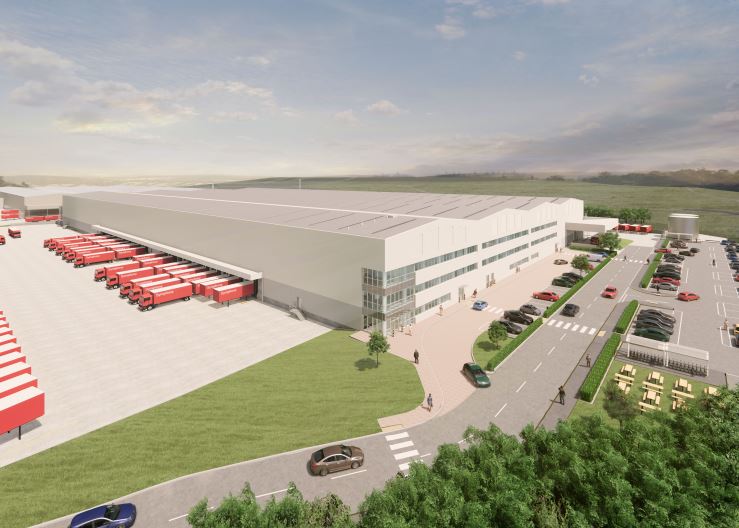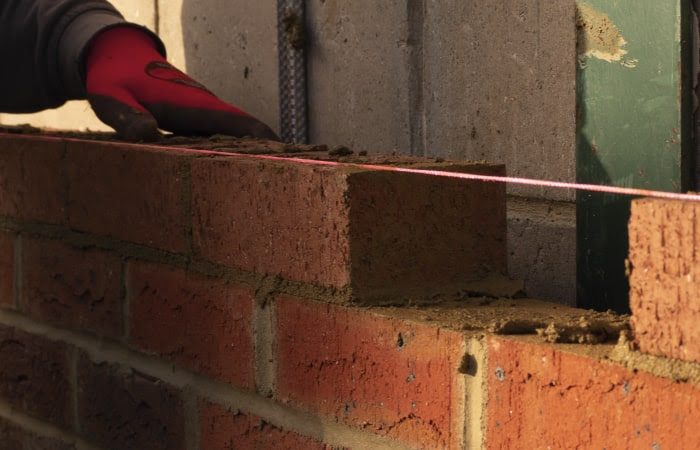Slips and falls are among the leading causes of injuries at workplaces, comprising the largest part of compensation claims. The nature of injuries people suffer from these accidents can be minor or severe. It could include head injuries, lacerations, sprains, and broken bones. Numerous situations can cause slips and falls to occur at the workplace. These range from greasy or wet floor surfaces, uneven floor surfaces, and loose flooring, to electrical cables or cords, uneven or missing floor tiles, damaged ladder steps, cluttered walkways, and even ramps that are not fitted with skid-resistant surfaces. While it may not be possible for companies to eliminate jobsite injuries that result from slip and falls accidents completely, there are several steps they could take to reduce the risk of injuries. The most critical of these steps is to adopt a proactive approach to managing the workplace environment, as opposed to a reactionary one. Below are specific actions companies or businesses can take to reduce slip and fall accidents at the workplace: 1. Install Handrails On Stairways Most fall accidents in the workplace happen on stair cases. As such, companies are encouraged to take extra precautions to reduce the risk of employees getting injured due to slip and fall accidents. Some of the preventive measures companies can take to prevent accidents include illuminating staircases well and ensuring they’re free of obstacles or unsecured objects such as carpets or rugs that can cause people to trip and fall. Furthermore, companies should ensure stairways are fitted with handrails in line with OSHA walking and working surfaces checklist. The stairways should also be marked clearly at the top and bottom points using reflective tape to highlight inform employees and customers of potential problems. This makes them easy for employees and customers to spot. 2. Avoid Wet Or Slippery Floor Surfaces Slippery floor surfaces are the most common cause of slips and falls. At the workplace, majority of these accidents occur in food preparation areas, sidewalks, and parking lots. The reason why slips and falls are likely to occur on outdoor surfaces is the fact that traction in these areas changes considerably any time the weather changes. Even so, the outdoor situation will quickly affect the indoor floor surface, because outdoor moisture is sucked into the room by pedestrian traffic. To manage the situation, companies should adopt control procedures including keeping repairing and maintaining cleanliness on sidewalks and parking lots, removing ice and snow, and the use of anti-skid paint or adhesive striping material on outdoor floor surfaces. Some control measures businesses can take to ensure indoor floor surfaces aren’t wet nor slippery and must include placing moisture-absorbing mats at entrance points, displaying ‘wet floor’ signs, and placing anti-skid adhesive tape on most affected areas. Businesses can also place mats or rugs on food preparation areas and ensure spills are cleaned up immediately to keep floor surfaces dry and safe. 3. Remove Obstacles From Walkways And Aisles When placed on aisles, corridors, stairways, and walkways, clutter, equipment and other materials obstruct people and result in falls. To prevent this, adopting proper housekeeping practices in areas that have traffic is an effective way of preventing falls. To ensure that this happens, companies should adopt policies and procedures that stipulate cleaning and clearing of work environments, particularly where waste or scrap materials are byproducts of workplace operations. Specifically, companies should maintain cleanliness and orderliness in all passageways, service areas and storerooms, remove stringing cables, cords or air hoses from hallways and aisles, and encourage employees to adopt safe work practices like closing cabinet drawers and picking loose items from floors. 4. Ensure Proper Lighting In Workplaces Poor lighting in workplaces has been associated with rising accidents, particularly falls, in workplaces. Companies to enhance the safety of employees in their premises by ensuring that walkways, hallways, construction sites, basements, ramps, and dock areas are properly illuminated. Encourage employees to always turn on the lights immediately when entering a dark room, and work-related injuries can also be avoided. Companies should see to it walkways are poorly lit and are clear of any obstructions and clutter with easy access to light switches. Any faulty wires or switches should also be repaired immediately to facilitate property lighting in the work area. 5. Encourage Employees To Get Proper Footwear Shoes play an important role in preventing slips and falls at the workplace. As an important components of personal protection equipment, the type of shoes employees wear to work can either aggravate workplace injuries or reduce them significantly. To prevent slips and falls, companies should evaluate the kind of heels required for the workplace environment as well as the slickness of shoe soles. As a matter of fact, companies should make it a practice to evaluate footwear needs anytime a fall-related injury occurs to determine whether the shoes contributed to the accident. This information should be used to either improve the kind of footwear that companies issue employees as part of personal protection equipment or advice employees on the kind of shoes they’ll require. Employees should also be encouraged to tie shoelaces correctly to prevent trips and falls. 6. Installing Signage And Providing Step Ladders Another way for companies to reduce slip and fall accidents in the workplace is to place clear signs in potential accident areas to alert employees and customers. Important signage that informs people of steps, uneven ground, gaps, slippery floor, or loose rocks can go a long way in raising awareness of potential hazards and increasing attentiveness in the workplace. In addition, companies can provide employees with convenient step stools or ladders so that they can reach heights safely, thereby minimizing injuries caused by falls and slips. Making these supportive options available to them make sure they don’t rely on unstable tables, chairs or desks reach such heights. Final Thoughts Injuries resulting from slip and fall accidents are common in workplaces. However, companies can reduce them by taking proactive measures to raise awareness about them among employees and customers and increase














